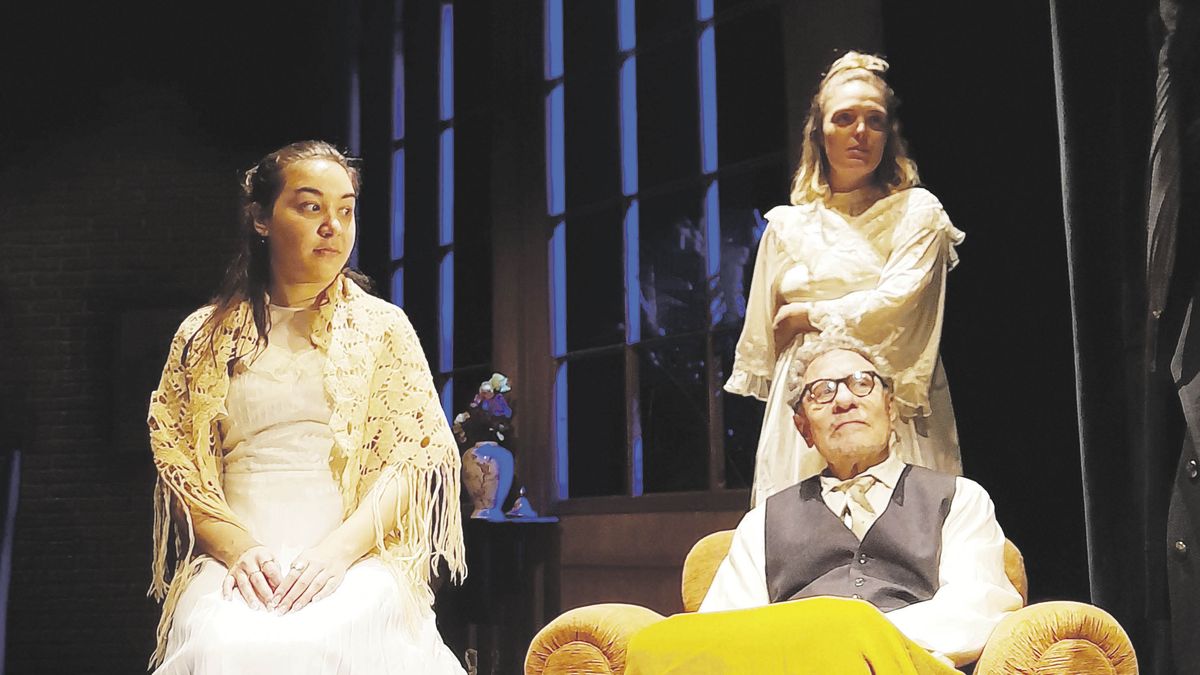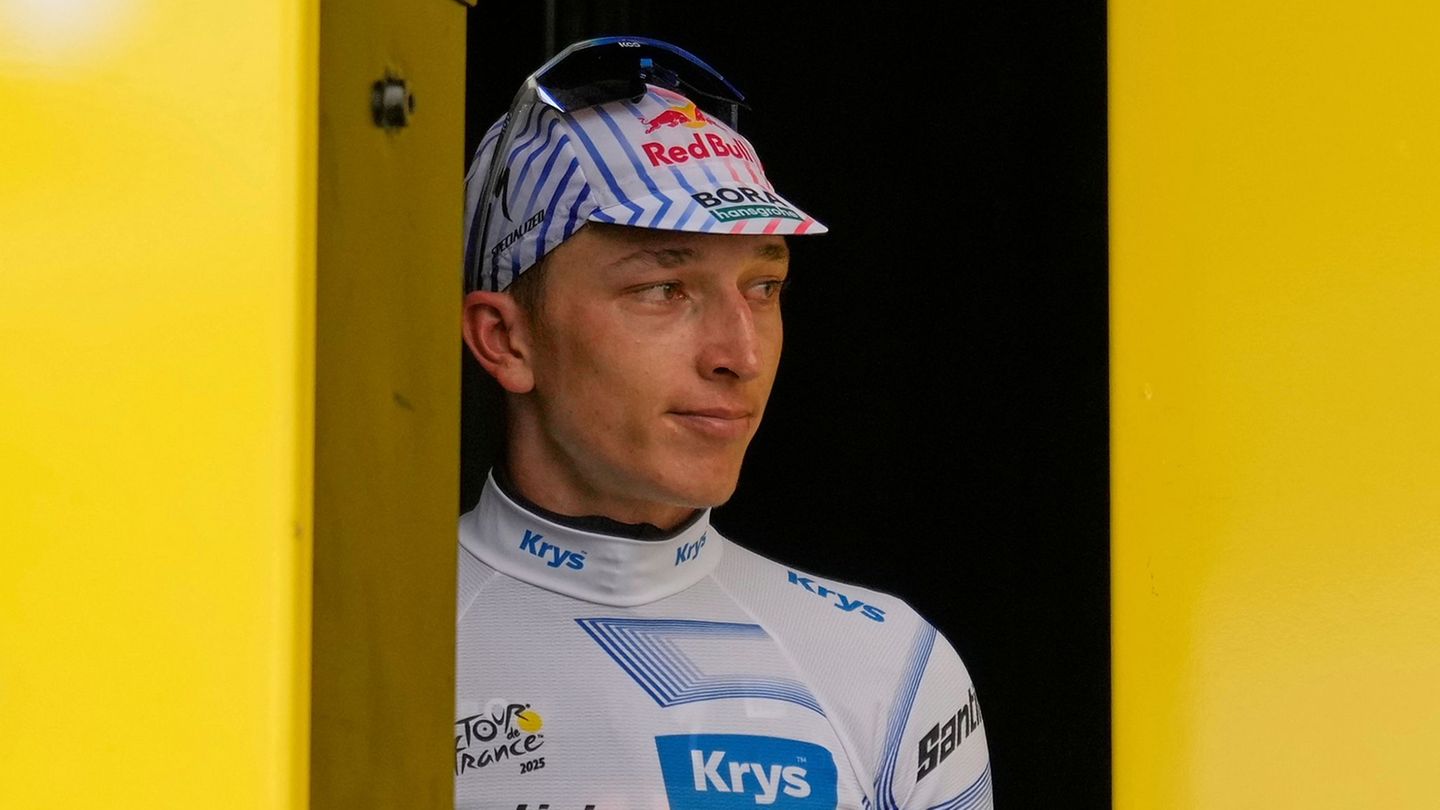Martin Repetto: Because of the psychology of the characters, who transmit pain without talking about themselves but in the game of mirrors when referring to others. As if they were going off on a tangent. What fascinates me about Chekhov’s stories is that he builds characters who have no action, they watch life go by, they look at opportunities but never take them. Hence the title, “Life before my eyes”, without daring for fear of failure and blaming the rest. But it is they themselves who do not have the courage to change anything.
Q: What can you say about “Uncle Vania” in particular?
M.R.: Along with “The Seagull” are the most beautiful stories of Chekhov. I see interesting links and a life that is marked, that is accepted as it is, with characters who are carried away by the illusion and when it breaks, they start over. They are as if trapped in eternal circles of nostalgia and monotony. Unlike the old tragedies, with characters who are guided by passion and kill each other for love or hate, here they start over and settle for what they have.
Q.: How is its adaptation and staging?
M.R.: I transferred it to costumbrismo and the countryside, emphasizing the confinement and the outside. I translated it into a more understandable and current language, removing what comes from Russian terminology. Our Vania is brought to our Argentina. I also looked for an aesthetic linked to cepia, which is an old, neutral, muted tone that implies nostalgia. I imagined the characters in cepiated personalities.
Q.: How did you get to Cultural San Martín?
M.R.: With Florencia Otero we decided to co-produce the work and we presented a folder to Cultural. We had a meeting and although they had everything scheduled and complete for this year, they made room for us because they were enthusiastic about the project. They ran something and gave us the space.
Q.: How does your profession as an anesthesiologist coexist with the theater? Is there something of limbo in the theatrical?
M.R.: I made an effort to make surgeries coexist with functions. At first it was not easy, in general for doctors their world is medicine and few can open their range and gaze towards art. It was difficult to say that I couldn’t go to work because I had to rehearse, it generated a stir and the idea that I was no good. Over time I showed them that I have my profession as an anesthesiologist, which is what sustains me, but I never gave up acting, which is my passion. And I won by resignation. In a play I wrote, there were characters who couldn’t think because of medication. Anesthesia turns off the pain but it also disconnects from the world, it has its benefits but I don’t know to what extent that disconnection that separates from the pain is beneficial.
Source: Ambito
David William is a talented author who has made a name for himself in the world of writing. He is a professional author who writes on a wide range of topics, from general interest to opinion news. David is currently working as a writer at 24 hours worlds where he brings his unique perspective and in-depth research to his articles, making them both informative and engaging.




